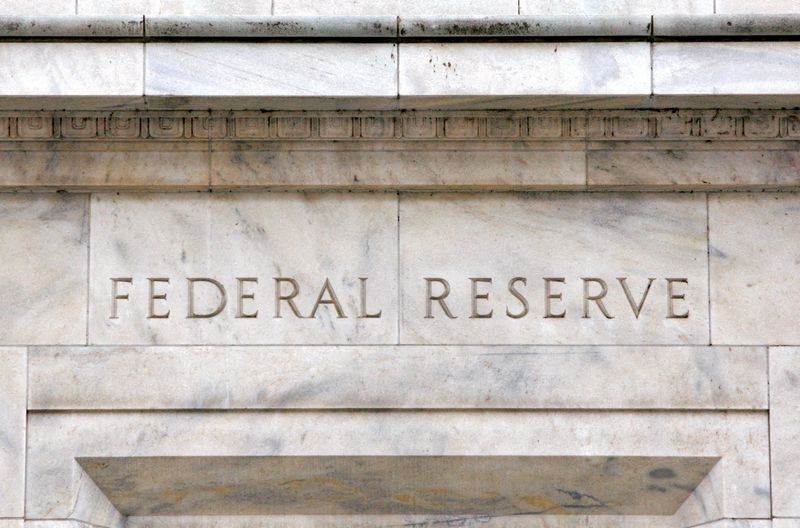(Reuters) -Deposits at U.S. commercial banks rose in early April in a renewed sign of confidence in the banking sector after massive deposit outflows following last month's failure of two large regional banks.
Federal Reserve data released on Friday showed deposits at all commercial banks rose to $17.43 trillion in the week ended April 5, on a non-seasonally adjusted basis, from $17.35 trillion a week earlier.
The increase was about evenly shared between the largest 25 banks and the small and mid-sized banks. That left deposits at the largest banks above the levels prior to the collapse of Silicon Valley Bank and Signature Bank (OTC:SBNY), but at small banks still short of their previous levels.
Small banks were particularly hard hit by deposit outflows after the back-to-back failures, with some depositors shifting cash to larger institutions on worries that accounts with balances exceeding the $250,000 federal insurance limit might be at risk.
Coming after more than a year of sharp interest rate increases by the Fed aiming at slowing the economy and cooling inflation, last month's banking turmoil appeared likely to set up for even tighter credit conditions than what was already being delivered by the Fed's rate hikes.

A drop in deposits can leave banks with diminished capacity for loans, though as yet the Fed's data did not show much impact.
Loans and leases at all banks ticked down to $12.06 trillion from $12.07 trillion a week earlier, the data showed.